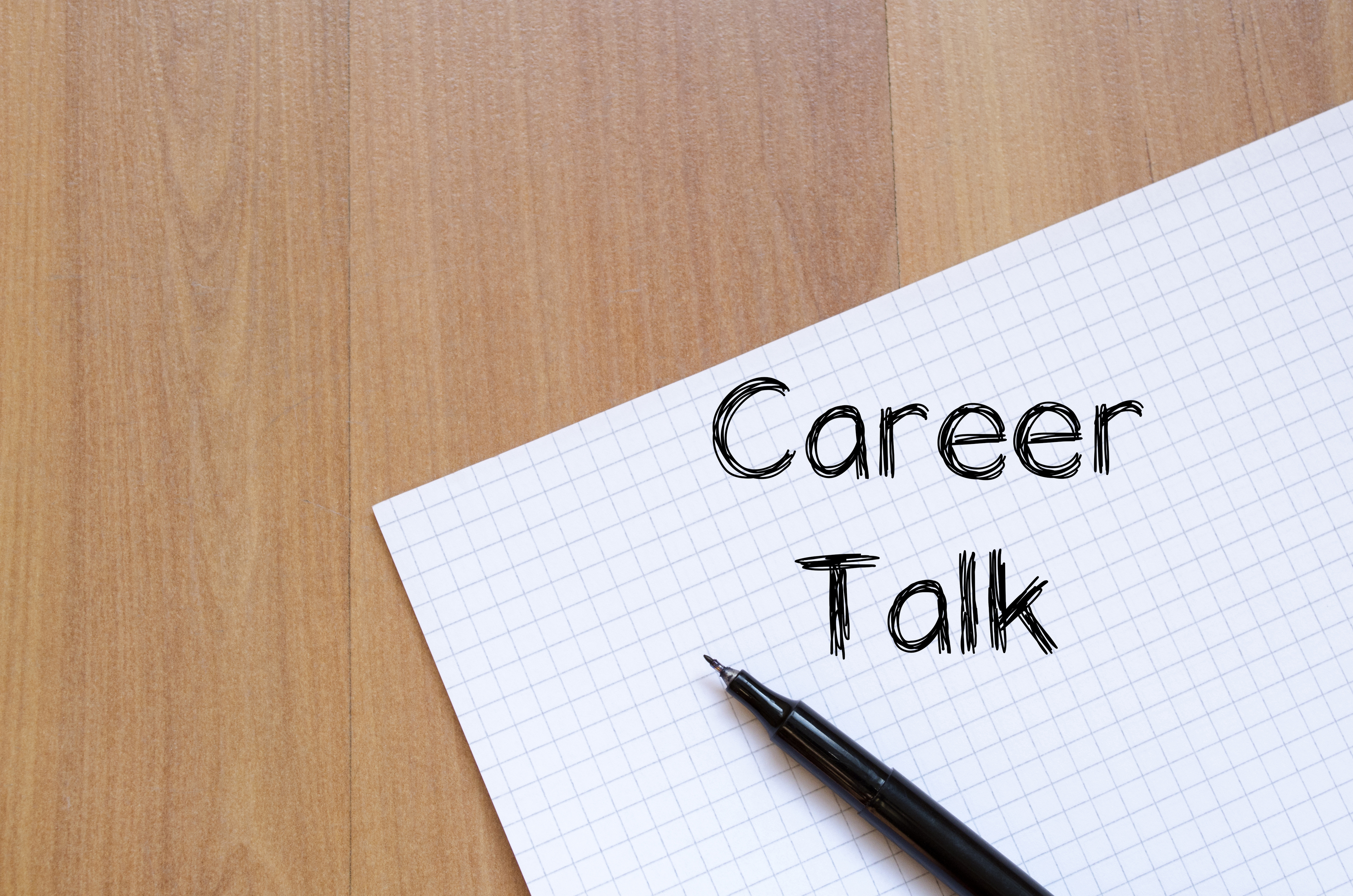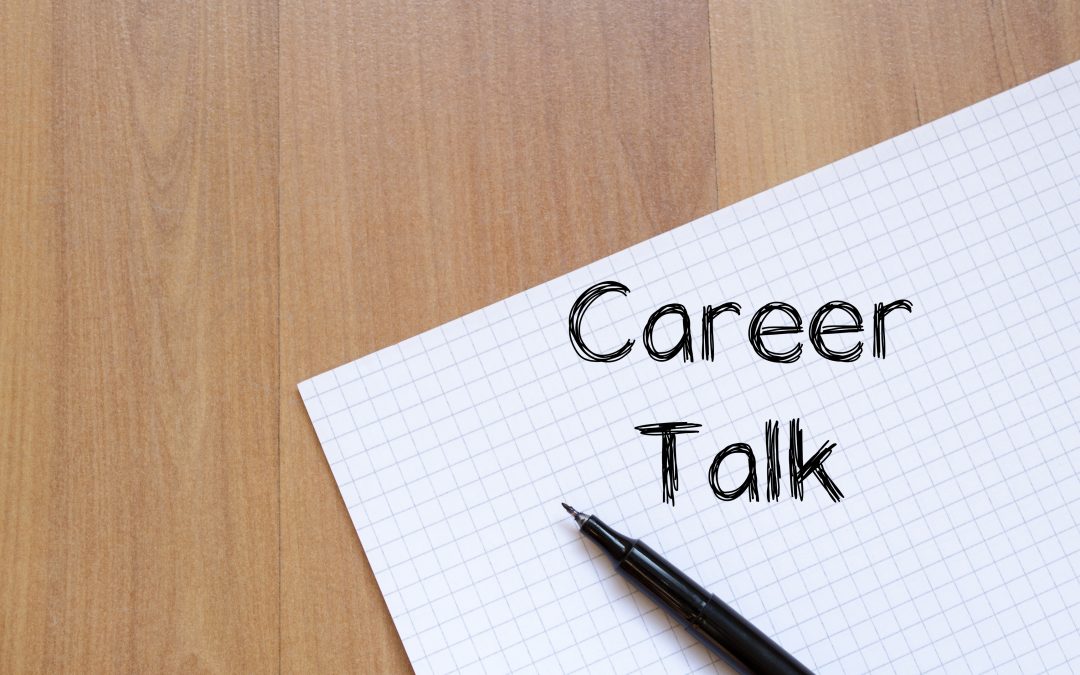
Searching for a new job is stressful, but then adding the pressure to provide professional references could make many candidates uneasy. Having to rack your brain on who will be able to give the best impression of your abilities AND who you have kept in contact with can be hard.
The reality is that keeping in touch with all your professional connections all the time simply isn’t feasible. People are busy and it’s unlikely this contact, who you have a solid relationship with, will scoff when they see your name pop up in their inbox.
Time is of the essence when strategizing your references. The rule of thumb is the longer that you have worked with someone, the longer they are a meaningful reference. A person you worked with for 2 months, 8 years ago is most likely not your strongest reference. You want their perspective to be recent and current. You don’t want them to forget about the specifics of working with you.
Once you have made the decision on who will be able to give you a strong testimony, you now need to reach out to them. If it has been quite some time since you have talked to your reference, own up to it. Do not ruin the moment by overly apologizing or giving excuses for the time lapse. Try a sincere approach like this:
Hi [Name],
I can’t believe we haven’t talked since we both worked at [Employer] together. I’ve done a terrible job of keeping in touch, but I hope you’re open to reconnecting now…
From here, you can follow by giving a brief update on your life and then transition into the big will you be my reference question. Overall, keep this short and to the point by using phrases like “I would appreciate being able to include you on my list of references.”
No matter how long it has been since you last talked to your references, it is good practice to let them know when you’re using them. Once they have received your initial reach out, or responded to a more current email, send them a brief email with the details of the job posting and a copy of your current resume and/or cover letter. Having this information prior to the reference call, allows them time to strategize what experiences or skills will be most important to highlight. It really is a win for you to give them time to prepare.
After they have taken the time out of their busy day to be your reference, say thank you. These can be emails or handwritten notes. If you receive the job, share your exciting news with your references! They played a role in the process and are invested just like you are. Revelle in this success with them. If this job opportunity did not work out, express your gratitude for them agreeing to be a reference. It is smart to use transition phrases such as “it didn’t work out with the most recent job I told you about, but I have my sights set on a couple other opportunities. I hope you will continue to be my reference as I continue my search.” This helps segway into the idea that you could be asking them to a reference again in the near future.
In reality, there is no right way to keep in touch with your references. If time is not on your side, try one of these simple ways to keep in contact:
- Friend your references on Facebook – this is a user friendly way to interact on their posts or send a birthday greeting
- Check up with them quarterly or twice yearly to update them with a short, friendly and informative email with any major life happenings (moved, promotions, married!)
- Connect on other social media channels such as Twitter and LinkedIn
- Send holiday cards because who doesn’t love getting mail?!
What are your best practices for keeping in contact with professional references? Share in the comments below!
By: Rebecca Clausen

